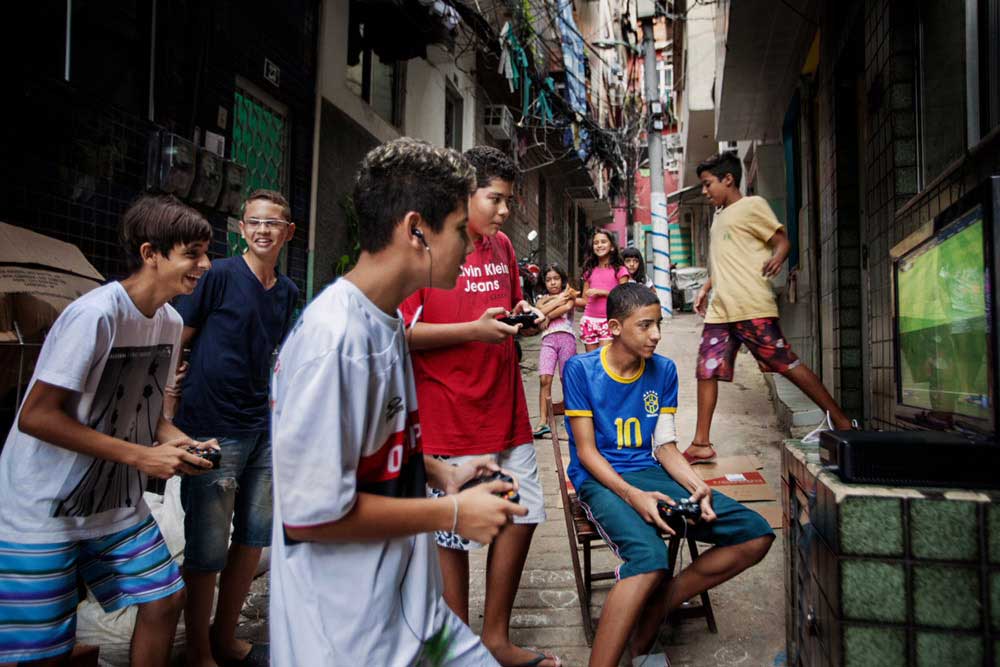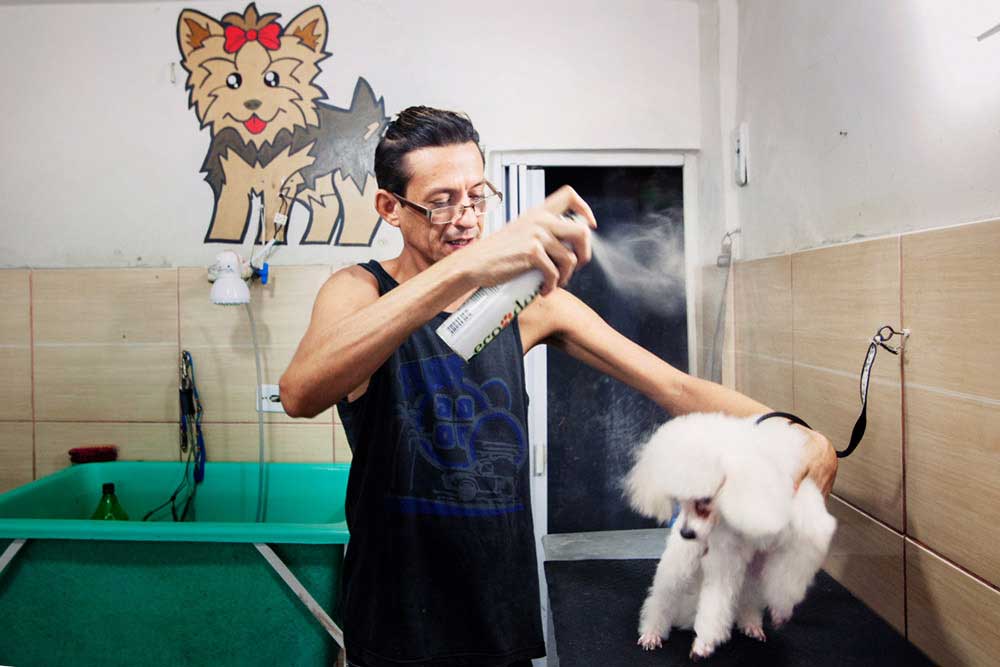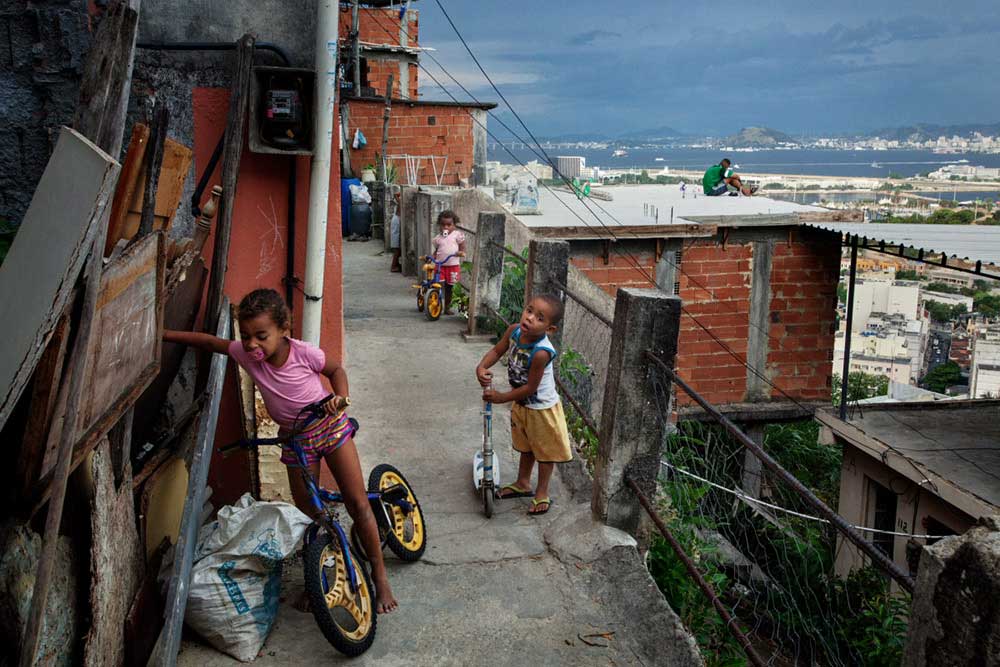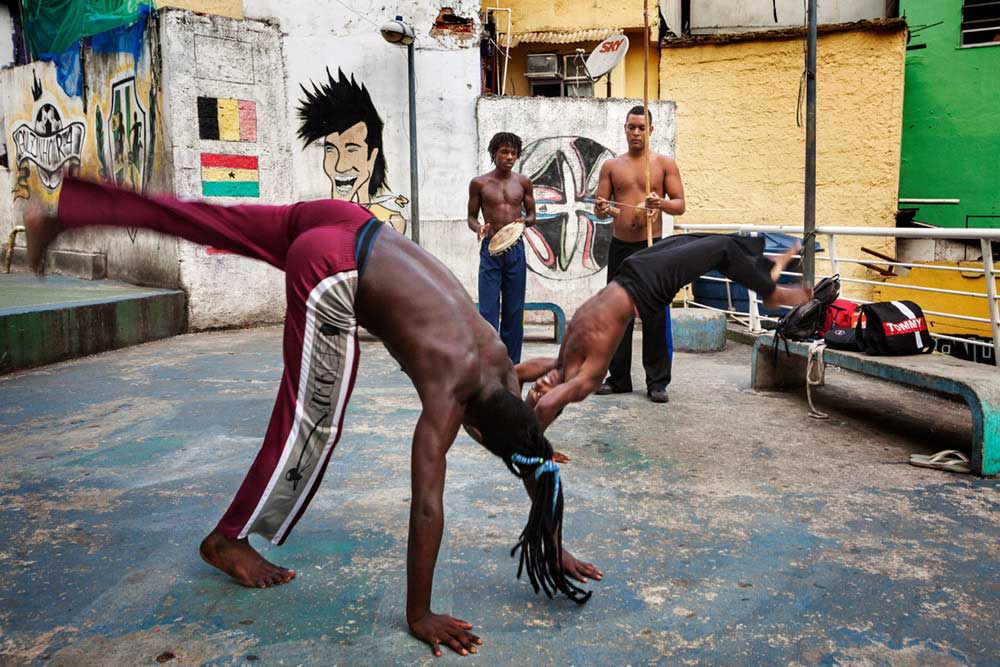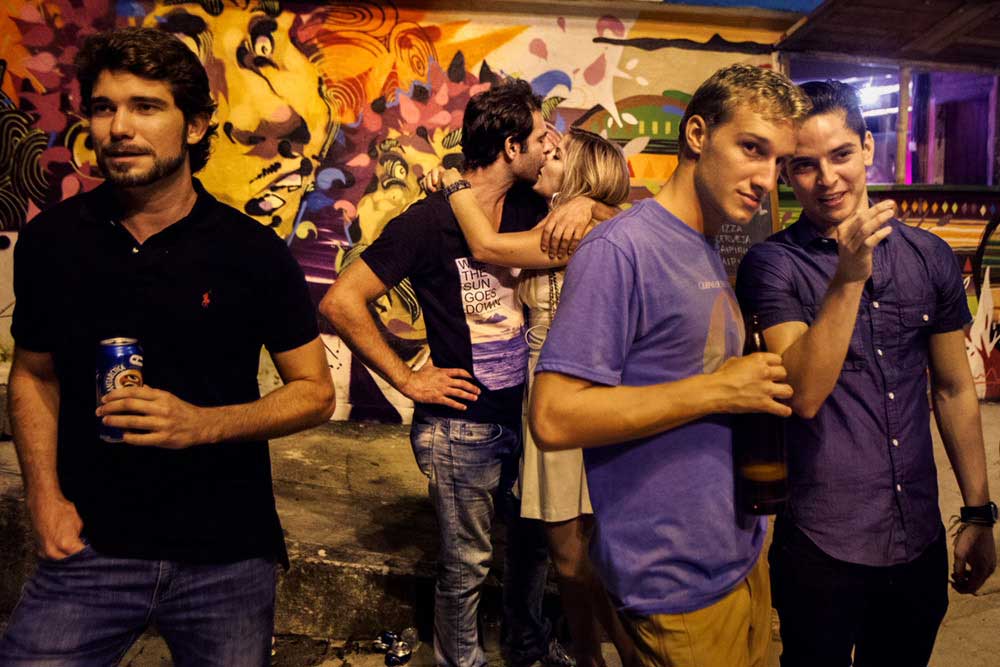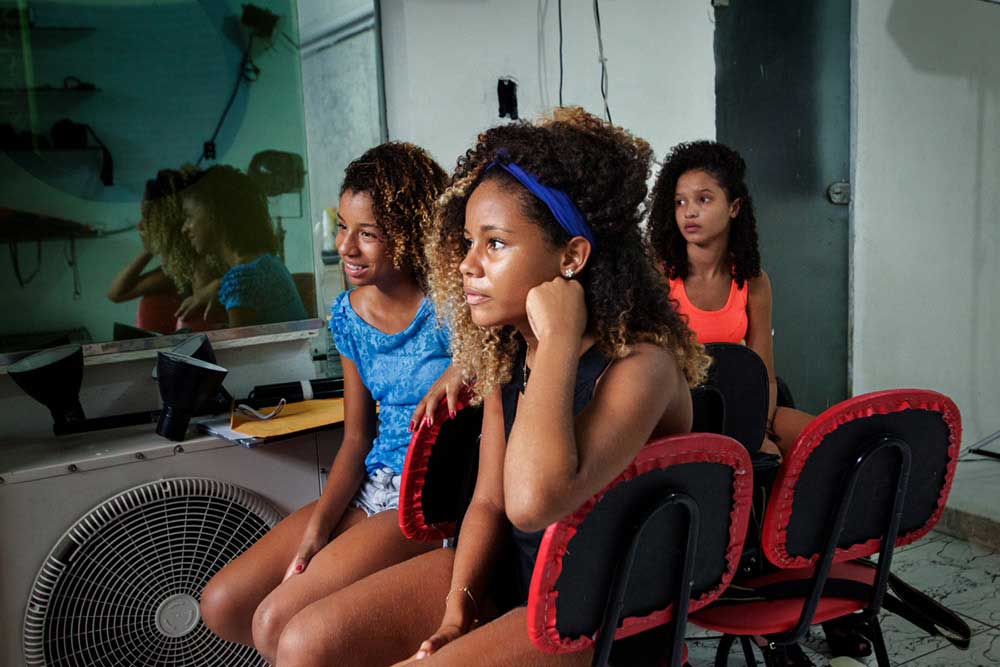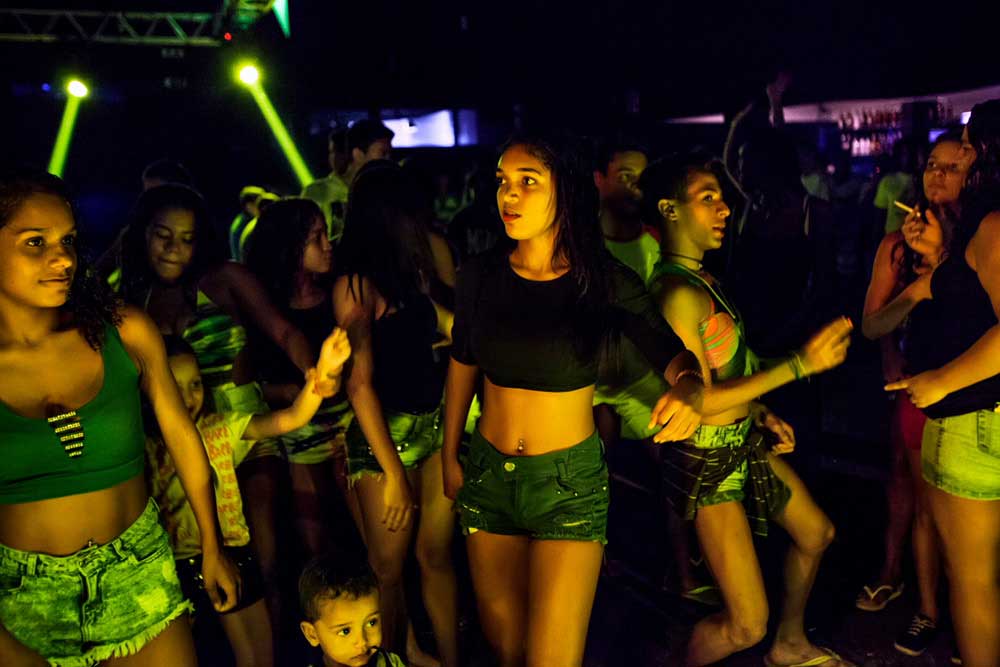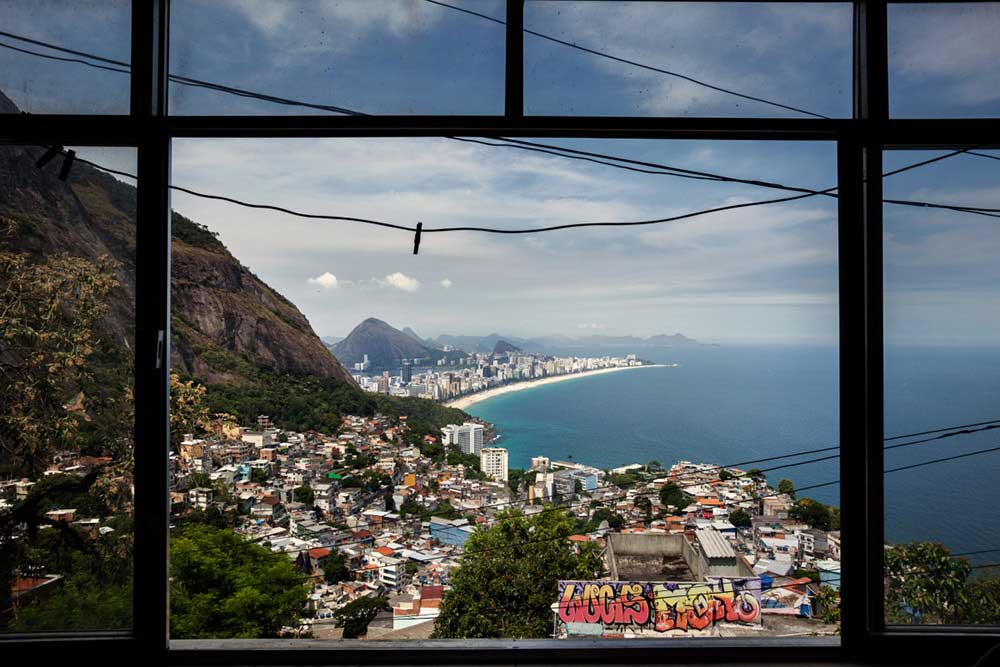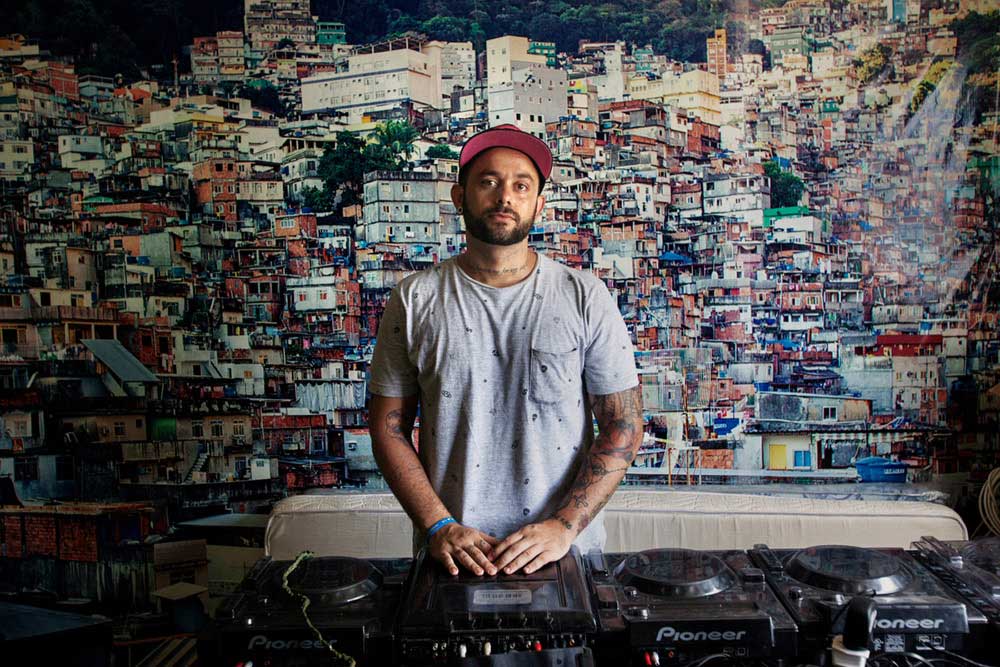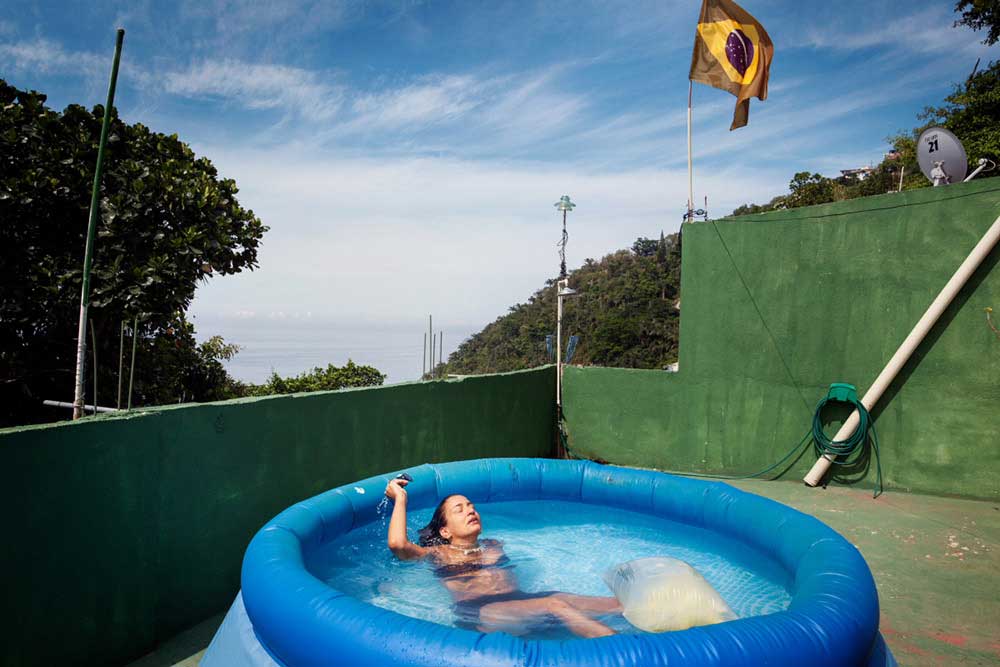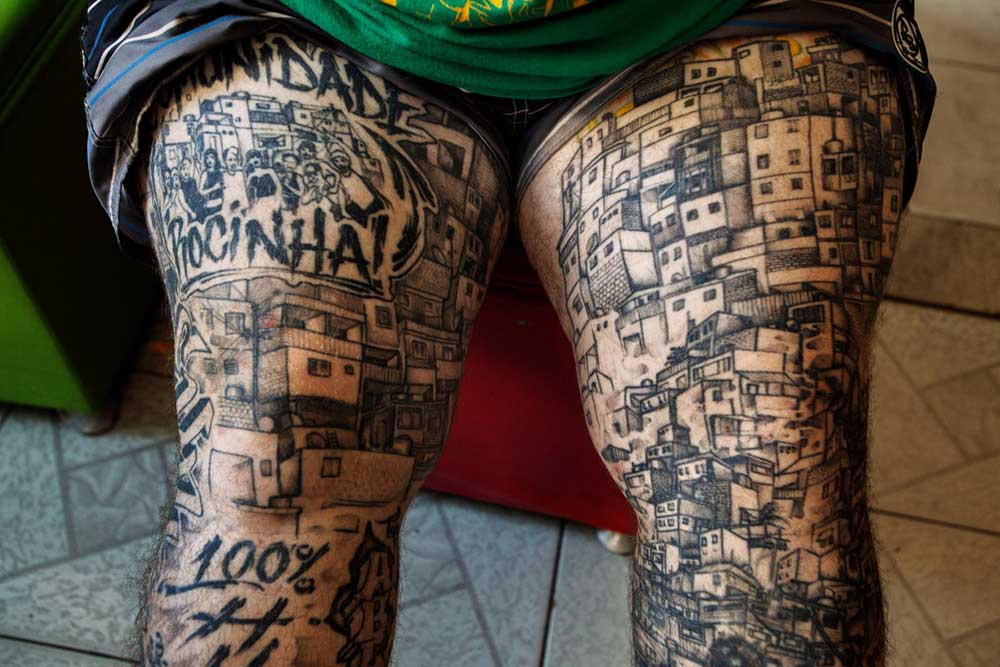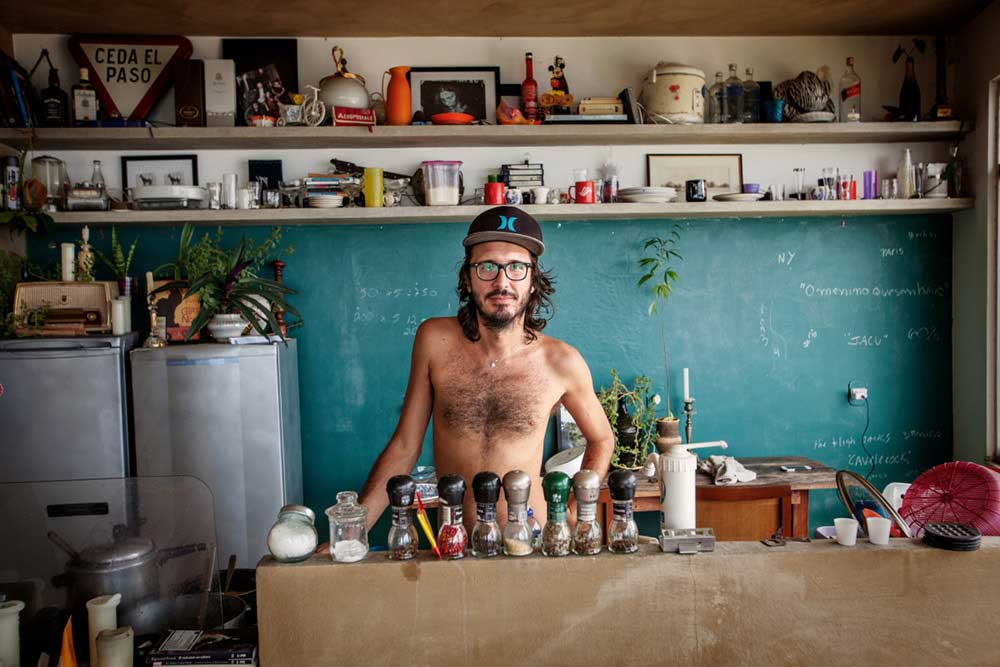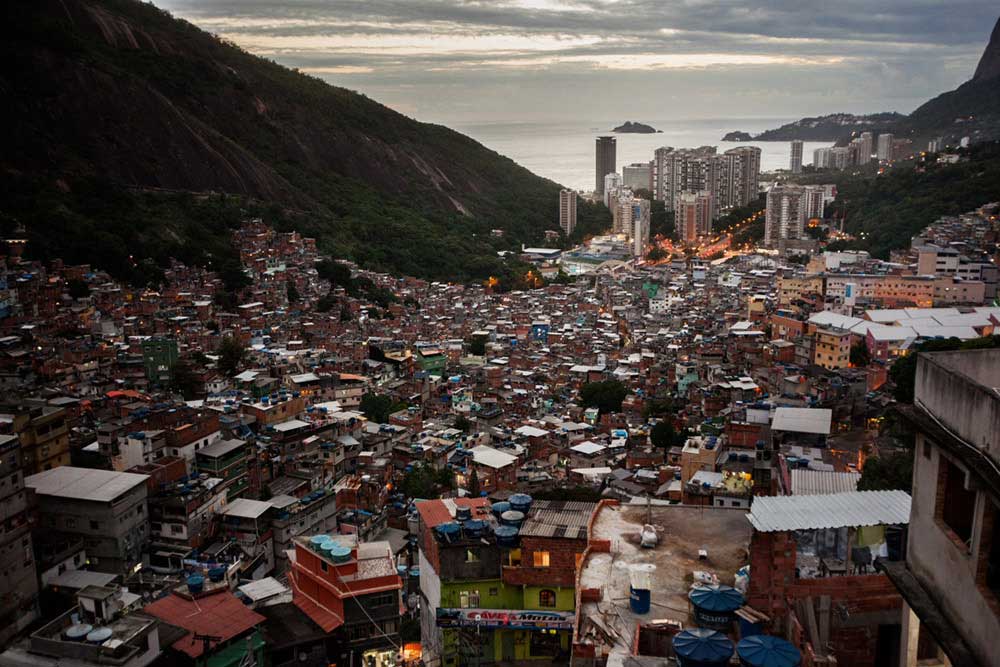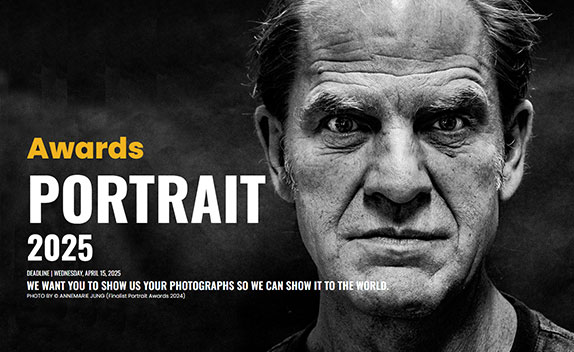The favelas of Rio de Janeiro are mostly known for violence and drug trafficking. But, also if those problems still exist, life for most of the inhabitants has nothing to do with that.
Favelas are becoming safer and better organized. The majority of them have running water and electricity and offer jobs, services and entertainments. Changes are still at a very early stage and are different from one favela to the other, but there are some that today can be considered a fair place to live. People that could afford to move out prefer to stay, and there are even people who are moving in by choice. The just concluded World Cup and the forthcoming Olympics are, in fact, pushing prices in the central areas too high for young middle-class Cariocas, so some of them are considering the option of living in a favela. Moreover, affordable prices and breath-taking views are also attracting a relevant number of foreigners. And also hostels, coffee shops, rooftop lounges and clubs are popping up.
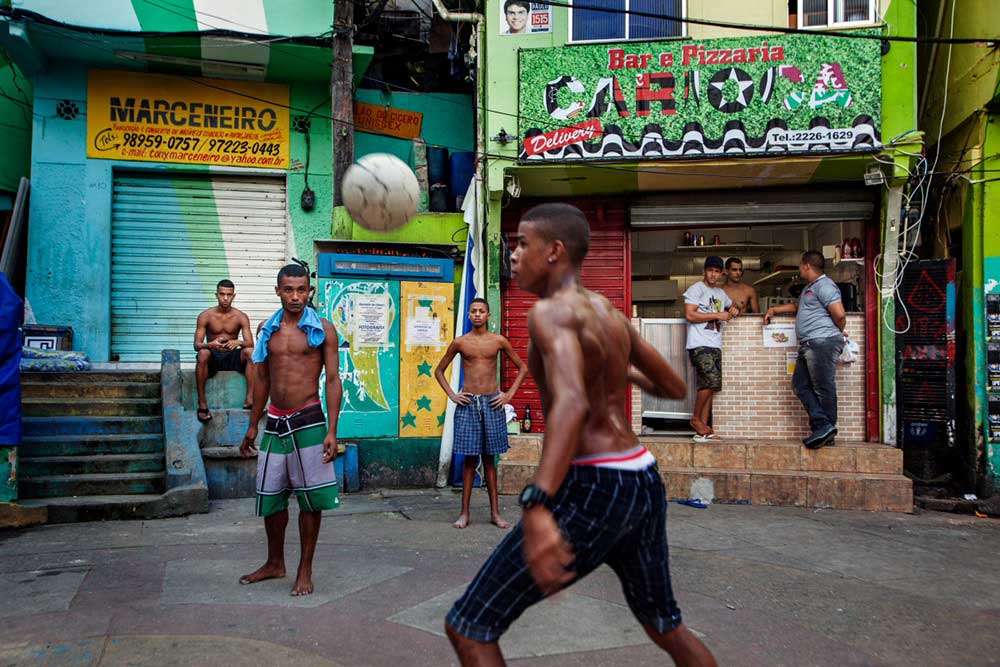
About Albertina d’Urso
Italian born, Albertina d’Urso has worked on many social and humanitarian reportages. She has received several awards like Canon Young Photographers Award, Lens Culture International Exposure Award, Julia Margaret Cameron Award and International Photography Awards. She has exhibited internationally including in New York Photo Festival, Festival della Fotografia Etica, Angkor Photo Festival, Berlin Foto Biennale, Festival Fotografico Europeo, Forma Centro Internazionale di Fotografia in Milan, Insa Art Center in Seoul, Speos Gallery in Paris, VII Gallery in New York. Her work features regularly in magazines like Vanity Fair, Marie Claire, Panorama, L’Espresso, Photo, Vision… Her last book Out of Tibet has just been released by Dewi Lewis Publishing. [Official Website]



